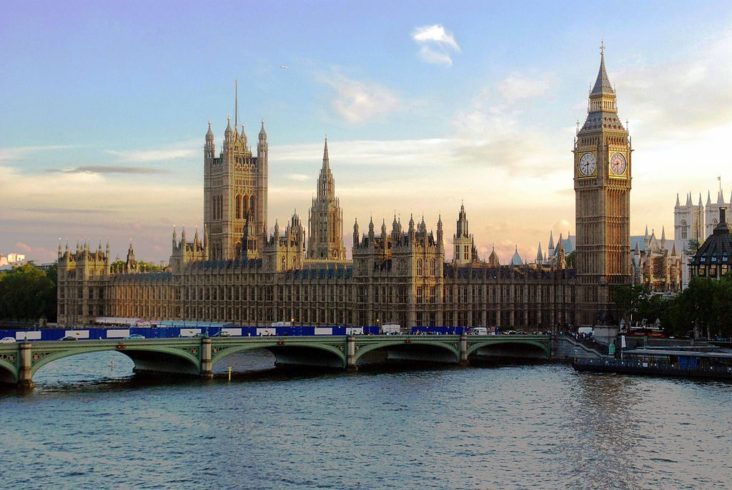Already a member? Sign in below

On June 10, the Advertising Association submitted our response to the Government’s consultation on further advertising restrictions on TV and online for HFSS products.
On the submission of the report, Stephen Woodford, Chief Executive, Advertising Association commented:
“The Government’s own Impact Assessment on the subject concedes that the proposed 9pm watershed restrictions would only remove around 1.7 calories per day from a child’s diet. UK advertising already has some of the toughest regulations in the world around high fat, salt & sugar food and drink products – enforced by the Advertising Standards Authority. We would urge the Government to come to a measured, appropriate and fact-based conclusion to avoid any decisions that would have a damaging impact on industry, while having little to no effect in lowering obesity levels.”
The consultation response highlighted that:
For further information, please contact David Henderson, Public Affairs Manager.
[1] https://www.ofcom.org.uk/__data/assets/pdf_file/0024/31857/hfss-review-final.pdf
Already a member? Sign in below
If your company is already a member, register your email address now to be able to access our exclusive member-only content.
If your company would like to become a member, please visit our Front Foot page for more details.